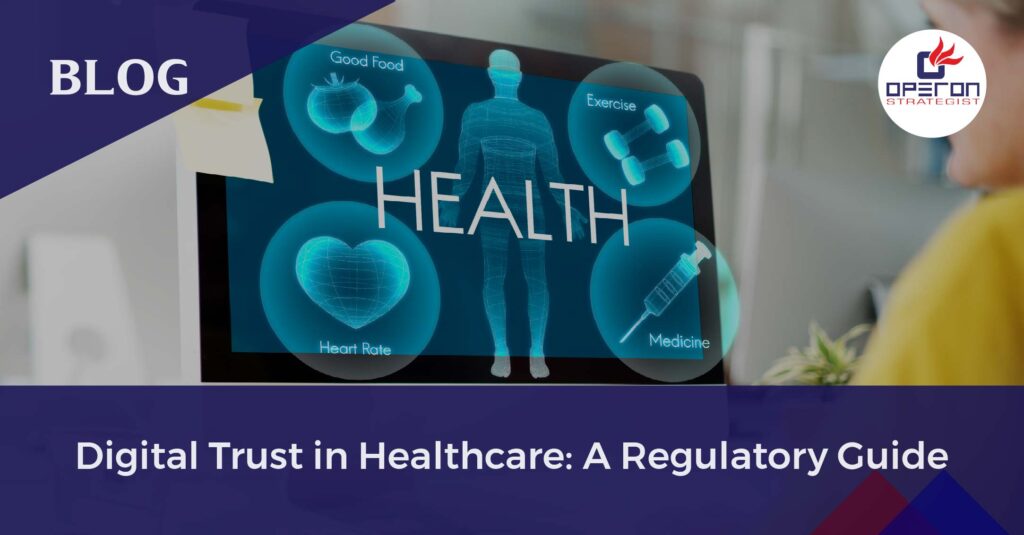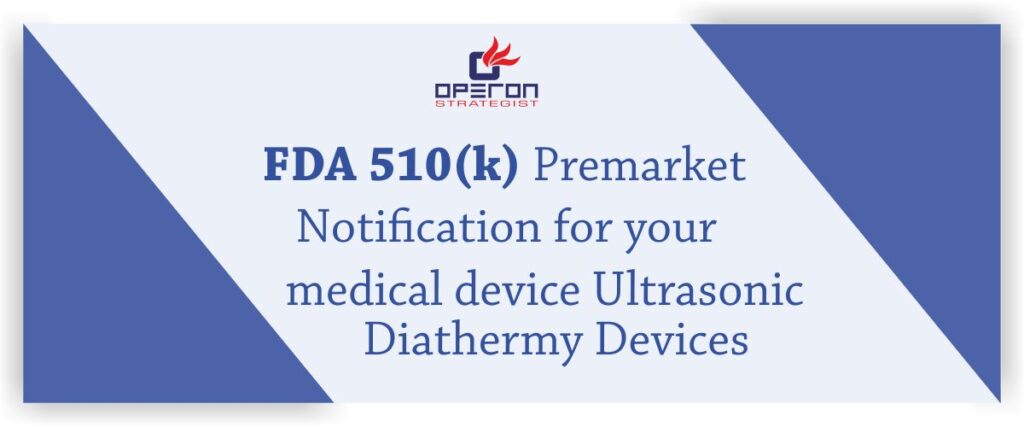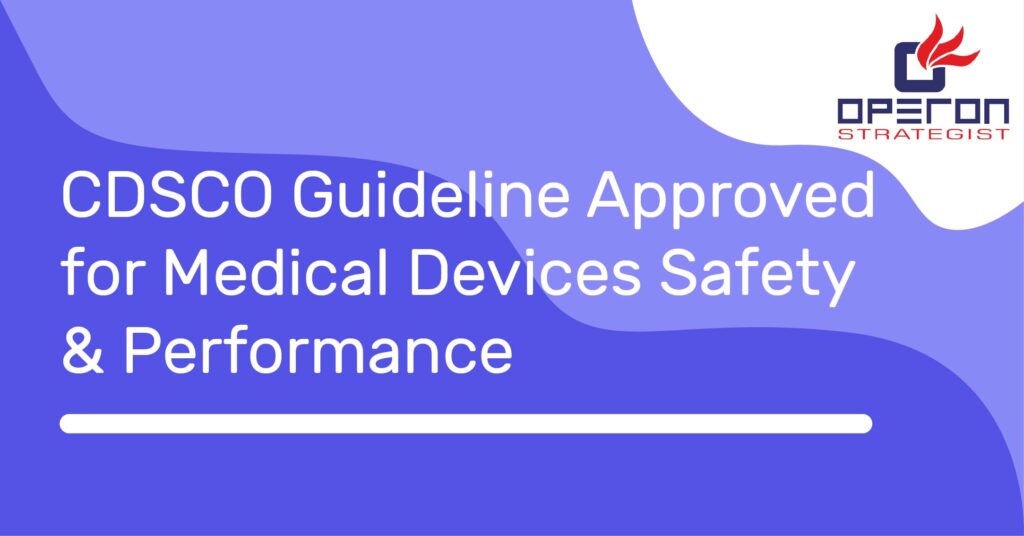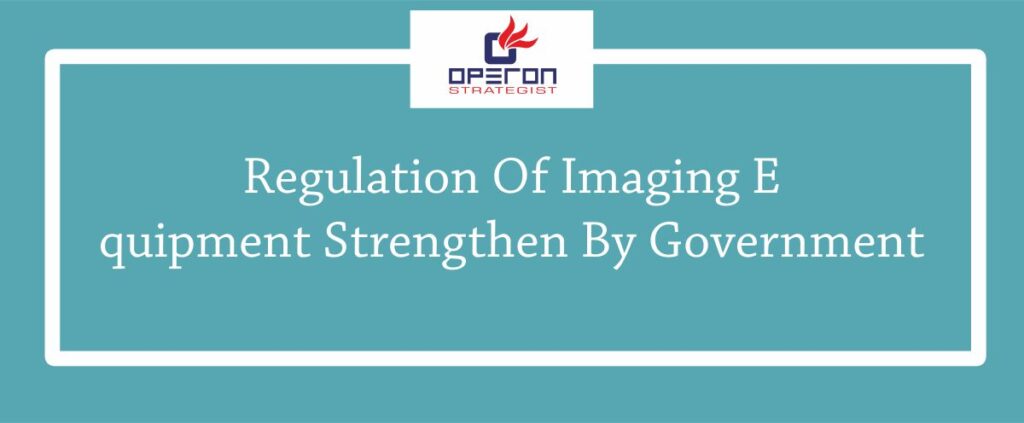Introduction to Digital Trust in Heathcare:
In an era of rapidly evolving technology, the healthcare industry is undergoing a digital transformation that promises to revolutionize patient care and clinical processes. From telemedicine to wearable medical devices and electronic health records, the digitalization of healthcare has the potential to enhance efficiency, improve patient outcomes, and increase accessibility. However, this digital evolution also raises crucial questions about data security, privacy, and regulatory compliance. As a medical device regulatory and turnkey consultant, we are here to shed light on the importance of digital trust in healthcare and the role it plays in ensuring the success of these innovations.
Looking for Medical Device Consultants?
Let’s have word about your project
What is Digital Trust in Healthcare?
Digital trust in healthcare refers to the confidence that patients, healthcare providers, and regulatory bodies have in the security, integrity, and reliability of healthcare technologies and the data they generate, store, and transmit. It encompasses the assurance that personal health information is handled safely and that medical devices and technologies perform as intended.
How is Digital Innovation Revolutionizing Healthcare?
Digital innovation is revolutionizing healthcare, transforming patient care and empowering individuals. Cutting-edge technologies and data-driven solutions are reshaping medical services, improving accessibility, and enhancing overall health experiences. Below are the areas where digital advancements are making a remarkable impact.
- Telemedicine
- Electronic Health Records (EHRs)
- Wearable Medical Devices and Remote Monitoring
- Robotic Surgery
- Artificial Intelligence in Diagnostics and Treatment
- Virtual Reality and Augmented Reality in Medical Training
- Data Analytics and Population Health Management
Navigating the Regulatory Landscape
In the world of digital healthcare, understanding and navigating the regulatory landscape is paramount. Several considerations include:
- FDA Regulations: In the United States, the Food and Drug Administration (FDA) regulates medical devices, including software, under the Federal Food, Drug, and Cosmetic Act (FDCA). Compliance with 21 CFR Part 820 is essential for quality system regulation.
- CE Marking: In the European Union, medical devices and SaMD must adhere to the Medical Device Regulation (MDR) or the In Vitro Diagnostic Regulation (IVDR) to obtain a CE mark for medical device.
- Privacy Regulations: Data privacy regulations like the General Data Protection Regulation (GDPR) in the EU are crucial when handling patient data, adding an extra layer of complexity to digital healthcare systems.
In conclusion, digital trust in healthcare is a multifaceted concept that requires a deep understanding of various regulations and standards. Compliance with HIPAA, IEC 62304, SaMD guidelines, and other medical device safety standards is essential to ensure the security of patient data, the efficacy of medical devices, and the trust of patients and healthcare providers.
Ready to Navigate the Complex Regulatory Landscape of Digital Healthcare?
How to Build Digital Trust in Healthcare
- Data Encryption and Security: Implement robust data encryption, access controls, and secure storage solutions to safeguard patient data from unauthorized access.
- Compliance and Regulation: Stay up-to-date with relevant healthcare regulations and standards. Regularly audit and assess systems for compliance.
- User Training and Education: Ensure that healthcare professionals and staff are educated about data security best practices to prevent inadvertent data breaches.
- Transparent Data Handling: Maintain transparency about how patient data is collected, used, and stored, and obtain informed consent from patients.
- Vendor Due Diligence: When adopting new medical devices or healthcare technologies, carefully vet vendors for their security measures and regulatory compliance.
- Incident Response Plan: Develop a comprehensive incident response plan in case of data breaches, and communicate this plan to all relevant stakeholders.
- Continuous Monitoring and Testing: Regularly test and monitor digital systems for vulnerabilities, and update them as necessary.
Key Pillars of Digital Trust in Healthcare: Compliance and Safety Standards
Digital trust in healthcare goes beyond just ensuring that patient data is secure. It encompasses the confidence patients, healthcare providers, and regulatory bodies have in the security, integrity, and reliability of healthcare technologies and the data they handle. Here’s a closer look at the key aspects:
- HIPAA Compliance: The Health Insurance Portability and Accountability Act (HIPAA) in the United States is a cornerstone for data security in healthcare. It demands the protection of patient data through encryption, access controls, audit trails, and business associate agreements (BAAs). Compliance ensures the privacy and security of patients’ protected health information (PHI).
- IEC 62304 – Software Development Standard: IEC 62304 is an international standard that sets out the structured approach for software development in medical devices, including Software as a Medical Device (SaMD). It dictates a well-defined software development lifecycle, risk management, and validation, which are critical to ensuring the reliability and safety of digital healthcare systems.
- Software as a Medical Device (SaMD): SaMD refers to software intended for medical purposes, such as diagnosis, prevention, monitoring, or treatment. Regulatory bodies like the FDA and the EMA have established guidelines for SaMD classification, quality management systems, clinical evaluation, and post-market surveillance. Compliance is necessary to assure the efficacy and safety of SaMD.
- Medical Device Safety Standards: Standards like ISO 14971, IEC 60601, and ISO 13485 are crucial for the safety and quality of medical devices, including those with digital components. These standards help identify, evaluate, and control risks, ensuring patient safety and regulatory compliance.
Navigating Medical Device Regulatory Approvals with Operon Strategist
As a medical device regulatory consultant, our mission is to assist the healthcare industry in adopting digital innovations while upholding the utmost standards of security and regulatory compliance. The future of healthcare technology is promising, but it must be constructed on a bedrock of digital trust. Contact us to ensure your healthcare innovations align with these vital principles.
FAQs
Can Transparent Practices Enhance Digital Trust in Healthcare?
Yes, Transparent practices, such as clear data usage information and patient engagement, are instrumental in enhancing digital trust in healthcare. By openly communicating with patients about how their data is collected, stored, and used, healthcare providers can build trust and foster a sense of control and empowerment among patients.
How Does Data Governance Impact Digital Trust?
Data governance plays a critical role in impacting digital trust. Effective data governance ensures that data is handled ethically, securely, and in compliance with regulations. A robust data governance framework builds confidence among patients that their sensitive information is being protected and used responsibly.
Is Digital Health Literacy Essential for Building Trust?
Digital health literacy is indeed essential for building trust. When patients are equipped with the knowledge to navigate digital health technologies and understand health information, they become active participants in their care and make informed decisions. Digital health literacy empowers patients and strengthens their trust in digital health solutions.
Can Cybersecurity Innovations Enhance Trust in Digital Healthcare?
Absolutely, cybersecurity innovations can enhance trust in digital healthcare. Advanced encryption, multi-factor authentication, and real-time threat monitoring significantly improve the security of patient data, mitigating the risk of data breaches. Strong cybersecurity measures foster trust in the safety and confidentiality of health information.





